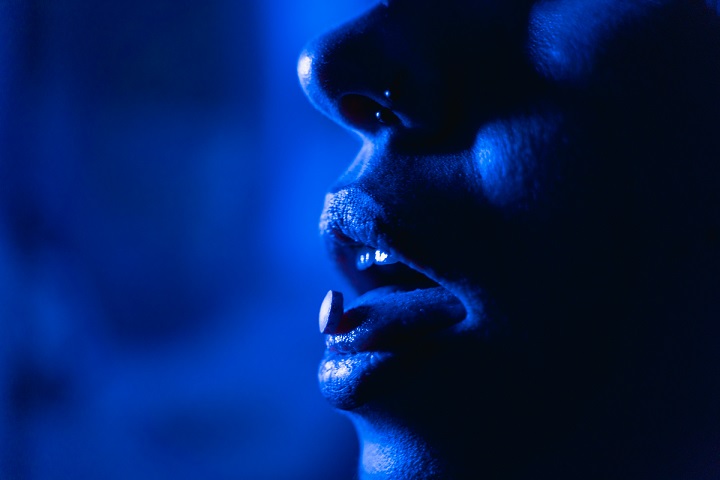African Americans experience unique drug treatment struggles.
A new study from the University of Kentucky highlights the unique challenges that many Black Americans face in drug treatment programs for opioid abuse. Opioids have quickly become one of the biggest killers in the United States. Of all drug deaths in 2019, over 70% involved opioids.
There have been studies that focused on opioid treatment, but the study from the University of Kentucky is one of the first to focus solely on this population. That’s important because opioids have a disproportionate impact on the Black community. Between 2007 and 2019, deaths related to a combination of cocaine and opioids increased 184% in white people. Deaths related to that same combination of drugs increased 575% in Black people. Deaths related to a combination of methamphetamine and opioids increased 3,200% in white people and 16,200% in Black people.
According to the University of Kentucky study, Black Americans face three unique challenges when it comes to drug treatment for opioid abuse: “preparedness for recovery; types of providers; and support from friends and family.”

Preparedness for recovery involves the reasons why the person is in treatment and their motivation to be there. There are often two reasons why people seek treatment for opioid abuse: they have made the decision on their own to seek treatment or they are mandated to complete treatment as part of a court sentence.
Other studies that have included a broad sample population of Americans have showed that any form of treatment, regardless of the reasons behind it, increased chances for recovery. However, the Kentucky study found that Black Americans may struggle if treatment is mandated by a court.
While the causes of this sentiment are not definitive, the participants in the study communicated that a mandated treatment felt like a loss of control. And since it was not by their own choosing, they may not participate fully or find it to be all that effective.
Types of providers may also limit treatment outcomes. Participants in the study said they rarely saw treatment providers, counselors, therapists or others who were Black or even of color. They cited this as a challenge as it made it difficult for them to feel adequately heard and understood when discussing their backgrounds.
These participants also talked about support among their friends and family in the research and mentioned something called “absent support,” which is the idea that although they are close with family members, that family did not often ask about recovery or delve into personal matters at all. Thus, while family members aren’t generally opposed to the treatment process, they don’t express support in a tangible way.
This study is the first of its kind to shed light on the Black American experience with opioid recovery. Hopefully it leads to changes and adjustments in the treatment process, as opioids currently affect Black Americans at a staggeringly disproportionate rate and the nation continues, overall, to battle a devastating drug epidemic.
Sources:
Black adults’ experiences with drug treatment charted in new study
Overdose Deaths Caused by Opioids in Combination with Stimulants Hit Black Communities Hardest


Join the conversation!